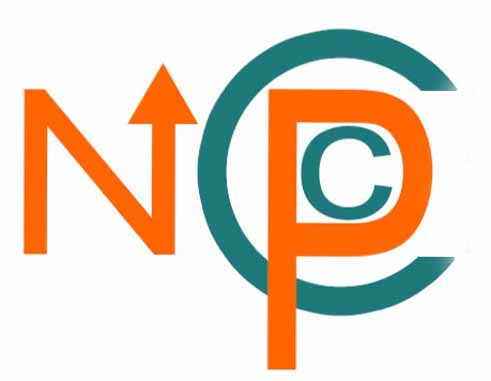N.C.P.C. PERSPECTIVE
SUCCESSFUL business owners and supervisors work hard at giving their staff the encouragement that is needed to perform at their greatest abilities. This creates the right environment needed to support strong individual contributions and full team participation. Employees are then able to perform their assigned duties competently and effectively.
Therefore, a conscientious manager is one who is aware that employees fall into varying categories, each needing to be managed and held accountable to high standards. When individuals are not held to the same high standards as their colleagues, team morale is destroyed and productivity is weakened. In his article ‘Getting The Best From Your Staff’, Ian Ferguson, contributor to the Bahamas Tribune lists the categories that employees fall into as follows:
• The highly motivated and competent employee
• The highly competent and discouraged employee
• The hard working and dedicated, yet low skilled employee and
• The low skilled, low productivity employee.
The Highly Competent and Motivated Employee
These individuals are the top performers in an organisation. They are self-starters, results oriented and are deemed valuable assets to the organisation. They enjoy their work and so contribute their best in trying to achieve company objectives. Although this category of employee contains highly competent individuals, they should still be given the opportunity to grow through new assignments, expanded roles and positive reinforcement.
The Highly Competent but Discouraged Employee
This category contains the highest number of employees. These individuals have the potential and capabilities to perform well, but their attitude towards work has become jaded. Therefore, they produce at the bare minimum and perform below their potential.
Employees fall in this category for several reasons. These reasons can include disappointment, discouragement or boredom, the cases may vary. Regardless of the reason, these employees must be identified and communicated with. The proper management of these team players can result in them becoming the most valued assets in a company. Therefore, managers must attempt to re-engage them with meaningful tasks and applaud or reward their efforts along the way.
The Hard-Working yet Low Skilled Employee
Many leaders confuse hard work, commitment and dedication with efficiency and competency. Some would argue that it is rare to find employees with good work ethics and that once found these persons should simply be rewarded for their efforts. This is not always the best approach. A hard working and dedicated employee who is low skilled should be encouraged continuously to improve on their competencies. These individuals are indeed valuable assets to organisations. However, they can be more productive workers if they were fully trained to perform their assigned duties. These employees must be encouraged to engage in talent development initiatives and must be supported along the way. This will lead to a proficient and well-rounded employee.
The Low Skilled, Low Productivity Employee
Business owners or supervisors have to manage this category of worker under their directive. It is surprising that these employees have been allowed to produce little without reprisal. The fact is that their lack of productivity is noted, yet many supervisors believe that it is only fair to give them the chance to improve their performance. However, opportunities given are seldom ever taken.
Ferguson states ‘Companies must make the sometimes difficult yet necessary decision to release such employees, once every effort has been made to build capacity and provide training and learning opportunities for them.’ Keeping this type of employee as part of a working team often leads to a drop in morale amongst other more productive and committed members of staff. Managers should not allow this happen.
The staff of organisations consist of differing personalities. Each staff member possess their individual level of dedication to the organisation and as such they each deliver a varied level of service or expertise. An effective manager should know the employees’ skills and personalities in order to motivate each individual in the right way. This in turn leads to a high level of productivity from all staff members.
About the National Competitiveness and Productivity Council (NCPC)
Established in October 2013, The National Competitiveness and Productivity Council (NCPC) is responsible for the identification of key issues related to competitiveness and productivity in Saint Lucia.
The NCPC and its Technical Secretariat is committed to providing the necessary advocacy and research to produce timely and effective recommendations to policymakers on issues that affect both competitiveness and productivity on island. For more information about productivity or on the





![Simón Bolívar - Liberator of the Americas [Photo credit: Venezuelan Embassy]](https://thevoiceslu.com/wp-content/uploads/2025/12/Simon-Bolivar-feat-2-380x250.jpg)



